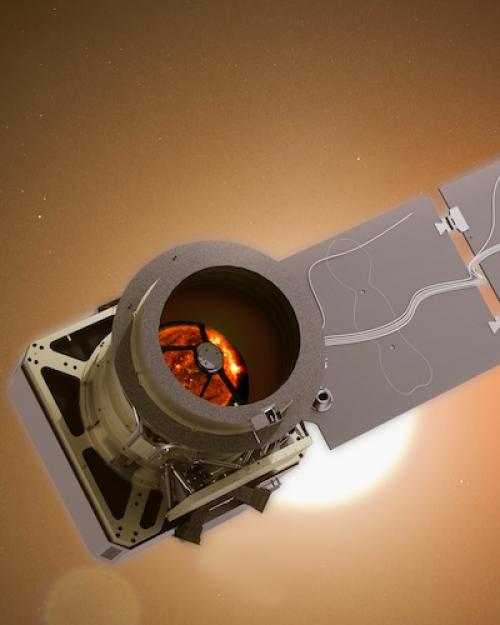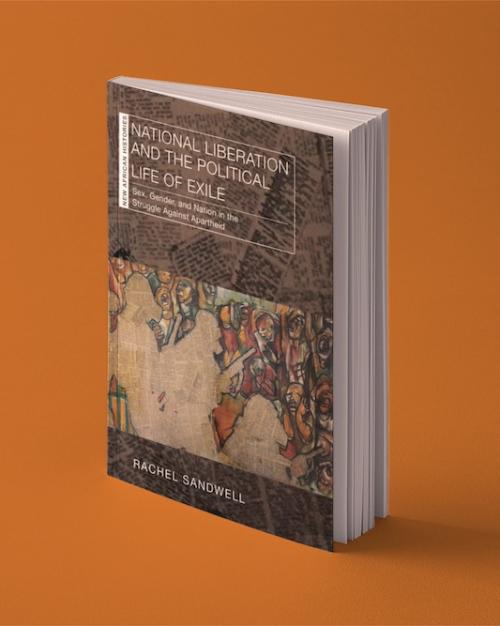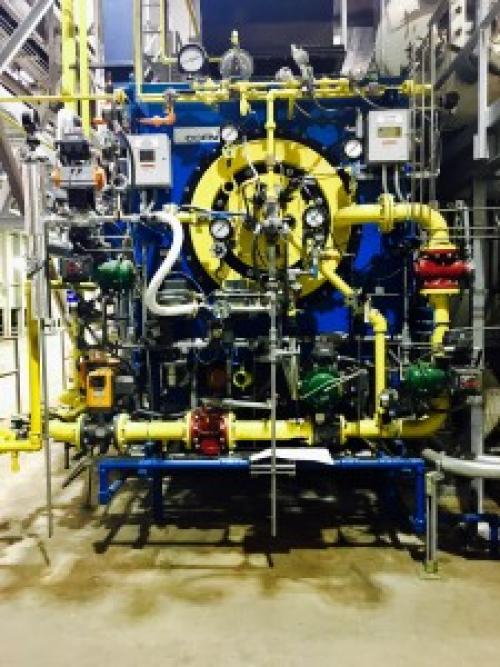This week, sophomore and new Ambassador Julia Curley discusses how a class she took outside of her major has allowed her to embrace the interdisciplinary nature of the College of Arts and Sciences, and has kindled interests in new fields - including undergraduate publishing!
By: Julia Curley '19
For English and Art History double majors like me, the course roster offers a multitude of options. The variety of classes that fit under my major requirements make each semester interesting in a new way, and the range of expertise in our professors never fails to impress me. This fall, I chose to take COML 3111: Literature, Art, and the Environment, and it’s even cooler than I had originally hoped.
Despite the course not counting towards my English major, I added COML 3111 to my schedule because I hoped to apply my interest in the English language to current issues. Professor Pinkus, currently chairing the Advisory Board of the Atkinson Center for a Sustainable Future, describes this practice as “comparative literature ‘field work’.” As a student with interests ranging from General Biology to Modern Art, I needed to take this class. Now half-way through the semester, I feel like a literature scientist. Professor Pinkus brings the study of language to life not just in our discussions but in field trips outside the classroom. This past week, we visited the Cornell Heating and Cooling Plant for a tour. The Plant, a place I never thought I’d visit on Cornell’s campus, fueled our study of the environment. We saw energy “ruins” and the campus’s central water pipeline. Returning to the classroom, we discussed what we learned through our humanistic lens. What does “environmental footprint” really mean? How do we express scientific concepts in an accessible way? What do energy production landscapes look like? Our visit to the Plant, along with other shorter excursions including a walk around the A.D. White House, bring life to our research. Sometimes, language studies and the humanities in general can feel limiting in their real-world scope. Professor Pinkus and the College of Arts and Sciences prove otherwise. This course has shown me that humanities majors can bring a different perspective to scientific issues, and we can provide insight into what solutions to environmental issues will really mean to people. In addition to honing my interest in biology, COML 3111 has introduced me to other students who are exploring a variety of passions here in the College. Realizing our unique perspectives, several of us have joined together to produce a comparative literature magazine. We hope to publish our first issue this November!




